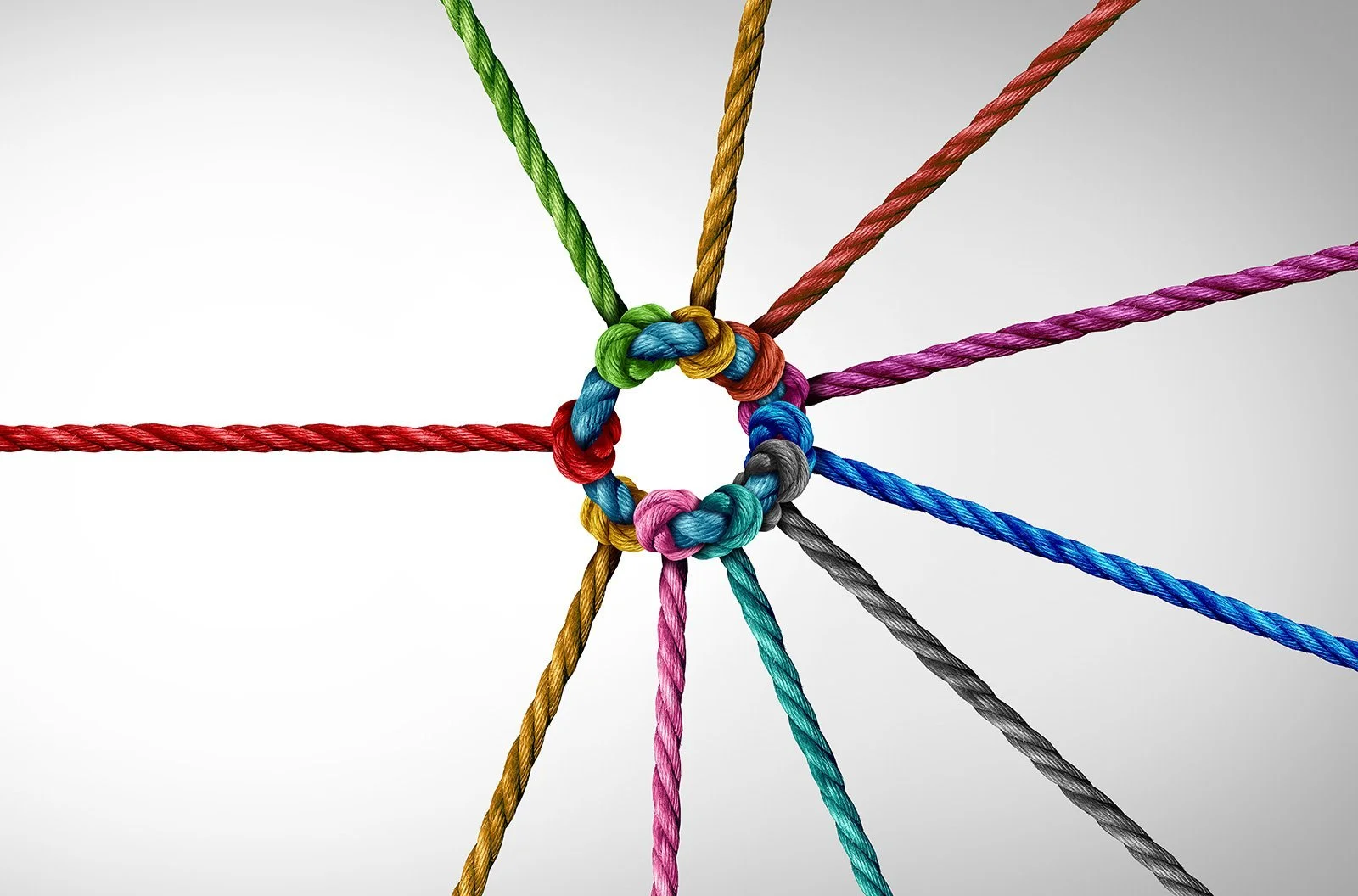READ STORIES THAT MATTER
Ibbaka Skill & Talent Blog
What does a role coverage and skill gap analysis look like?
Role coverage and skill gap analysis are a key business process that materially improves success in achieving goals and introducing new capabilities. Ibbaka has a simple solution for this process that provides immediate insights for individuals and managers. Skill surveys are not a once and done thing. Make a habit of skill surveys to see trends and test the impact of interventions.
How should your organization measure role coverage and skill gaps?
How do you go about measuring role coverage and skill gaps at the organizational level? There are a series of steps one takes to do this. This post covers the key things you need to know if you have the right people and enough people for the critical roles that will drive growth.
Core Concepts: SkillRank
SkillRank is how Ibbaka estimates a person’s level of expertise on a specific skill. Bayesian methods are used to estimate both competence and our confidence in the evidence. Various forms of evidence are used to estimate expertise of which the most important are social proof.
Core Concepts: Skill Management
More and more companies are investing in skill management platforms. Virtually any company that relies on the skills of its people to deliver services, develop innovations and create value for its customers need to be able to answer critical business questions on skills.
Core Concepts: Skill Graph
Typing "Skill Graph" into Google produces many results. So, what exactly is this Skill Graph that talent and skill management companies talk about. Regardless of the approach, Skill Graph focuses on relationships between all sorts of things - from Skills to Roles, Experiences and Learning.
Eric Shepherd on The Value of Competency Definitions and Frameworks
Work on IEEE 1484.40.2 Defining Competencies is nearing completion. Eric Shepherd has shared an excellent presentation The Value of Competency Definitions and Frameworks. We share a few slides here and connect it to Ibbaka’s work in this area.
Critical Skills for 2022 - First Impressions of Survey Results
Ibbaka periodically conducts surveys on critical skills. Our most recent survey was in January 2022. In this post we share some preliminary results and note what others are finding in related work. The full report will come in mid February.
Mapping roles to goals is critical to performance
How can we achieve our 2022 goals? A focus on process and metrics will not be enough. We also need to make sure that our people have the skills needed to perform in their roles and that we have built the connections between people, roles, skills and the goals we want to achieve.
Key questions for skill management in 2022
What are the critical questions we should be asking about skills as we enter 2022? How can we develop answers to these questions? In 2022, the ability to connect goals to skills and people (perhaps mediated by roles) will be critical to strategy execution.
The learning journey map
Learning is a critical skill and reflecting on how we learn and how we can help others learn is an important part of work. In this post we introduce the Ibbaka Learning Journey Map. We this map when designing learning and for the activation and embedding of new capabilities. It is a concept blend of journey maps and learning theory.
Key decisions for implementing skill management
Many organizations are moving to implement skill management as a core capability for 2022. Here is some guidance on the decisions you will need to make as you prepare for skill management at your company. To succeed with skill management requires an openness to bottom up emergence of skills and roles and the guidance of a skill and competency model.
Critical Skills for 2022 - Survey
What critical skills will matter most in 2022? What skills do you want to develop? What skills does your organization need? This survey asks about critical skills and puts them in the context of the business and thinking frameworks we will be using and major technology trends. The results will be published in late January.
Try connecting your own skills
The skill graph is sometimes seen as a normative representation of skills, a quasi official thing that is common across an organization or discipline. I am interested in a different approach, where each person's individual skill graph is as unique as their DNA and offers insight into their creativity.
Teams as a place to learn
Sometimes learning is seen as a solitary thing. People go into themselves, study and are tested. This is true of some people some of the time. But there are many people who are social learners and skills are most often applied in teams. Team learning is a critical part of capability development. Learn more about the Ibbaka approach to team learning.
What is skill coverage for teams?
Teams are central to how we work today and building teams is critical to performance. See how Ibbaka support building skill-based teams and why understanding team skill coverage is so important.
How to connect your skills
Skills get connected to many different things. Part of the power of skill management comes from making and managing these connections. Skills connect to other skills, to people, to roles and to goals. Spend 15 minutes thinking about new ways you can connect your skills.
What is the skill management lifecycle?
Skill management is transforming how businesses develop people and align them to work. It is a powerful way to discover new potential and put it to work. At Ibbaka, we roll out skill management across a for phase cycle. It is a cycle as each phase builds on the one before and feeds back into it, creating new value for individuals, teams and the organization.
How to align competencies with goals
Competencies are often aligned to jobs and roles, or sometimes to tasks and activities. There is another way to align competencies with the organization and even with individual aspirations. That is to align skills and competencies with goals. Ask, what skills and competencies are needed to achieve goals.
How to manage your own skills
Skills are becoming the new currency of talent management. The skills you have, how you are putting them to use, your potential are as important as relationships to shaping your career. Here are some simple things you can do to improve your personal skill management.
What is skill differentiation?
Skill differentiation highlights the differences between individuals, teams, companies and even geographies or industries. Industries in which innovation is common will show more skill differentiation. Industries going through commodification will see skill differentiation decrease. One of the risks of over reliance on competency models is that it can damp down skill differentiation. An open approach is needed to capture skill differentiation.




















